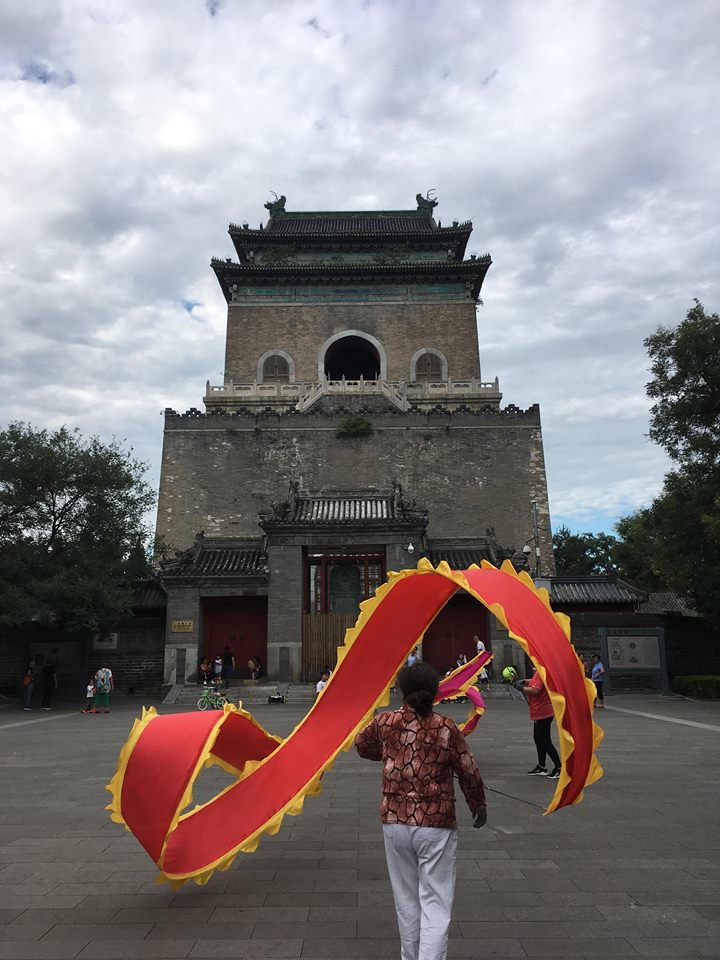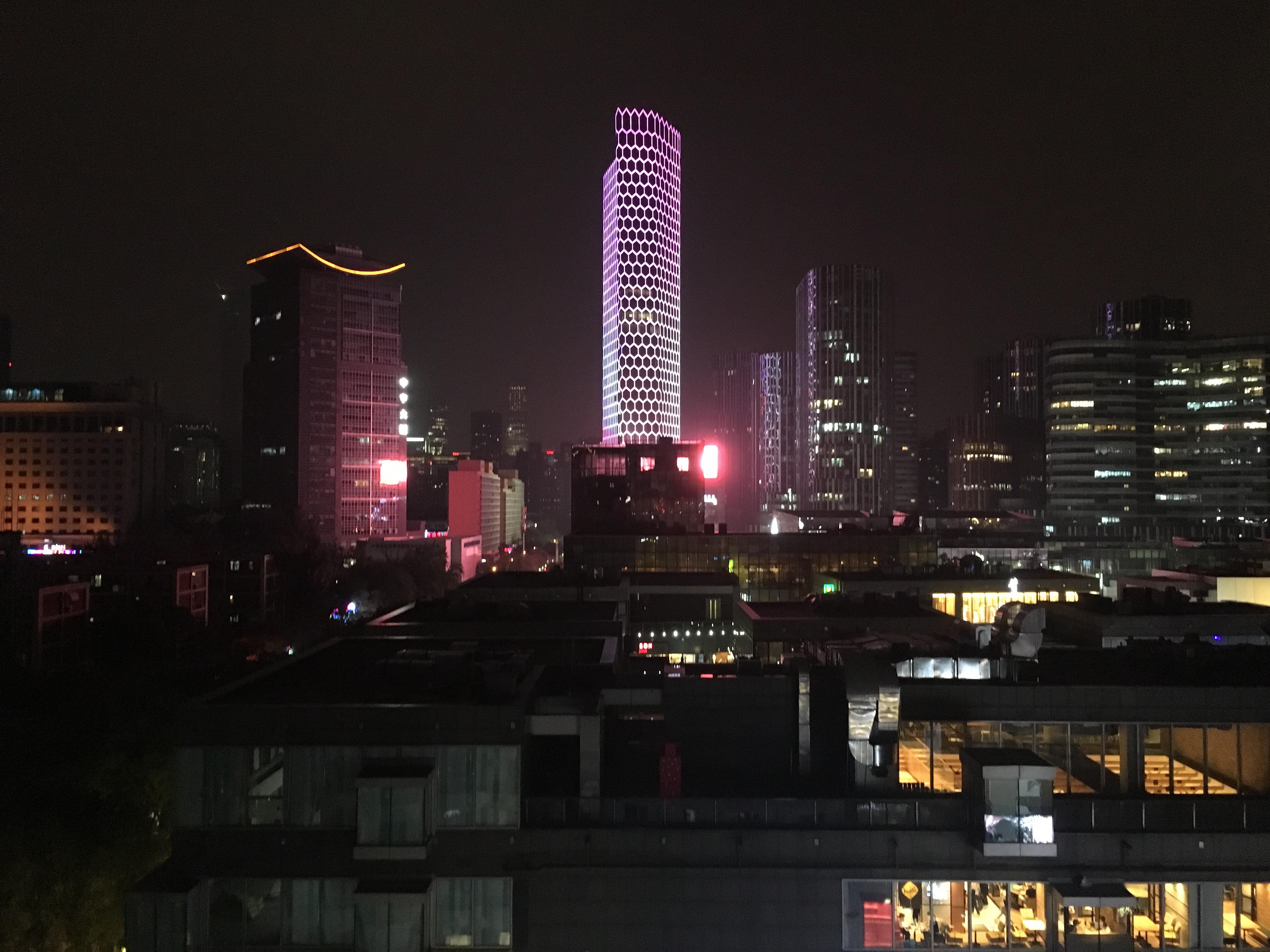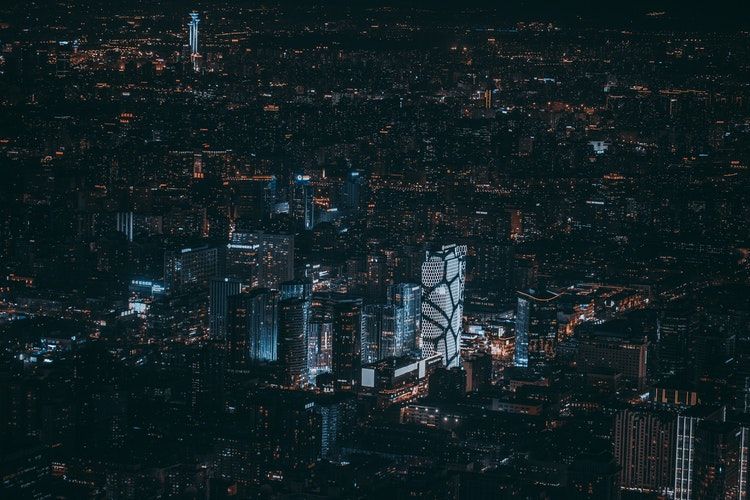By Rachel Evans, Deputy Editor of Travel
Deputy Travel Editor Rachel Evans talks about her experience interning in Beijing. She offers up some of her best advice for adapting to Chinese culture.
“What’s scary isn’t huge cities like Beijing…it’s the number of cities the size of London we have never even heard of because they’re so small in comparison.”
There are no two ways about it; Beijing is huge. Upon arriving, I was blown away by the sheer vastness of the place: a sprawling urban mass housing twenty-two million people. For someone who has never lived anywhere larger than Bristol, knowing I was going to call this place home for the next three months was hugely daunting. With a booming economy and an ever-growing amount of opportunity for English speakers, Beijing is becoming an increasingly attractive destination. However before coming I found it quite difficult to find out information, especially in comparison to many other Asian countries which have a wealth of information online. I am going to try and share with you everything I’ve learnt.

Photo by Epigram / Rachel Evans
Setting yourself up feels like it takes forever.
I had a pre-arranged internship before I came to China through the University Careers Service. This made it feel much less scary, as I knew there would be someone to pick me up at the airport and I had somewhere to live - which in retrospect I am so glad about as I would have no idea where to start. For starters, foreigners have to go and register at the local police station when they first arrive so the authorities know where you are living. On our first full day, we went to go and try and find a SIM card. In the UK this is relatively simple, a case of just popping into a shop. However, in China, depending on which phone you have, you can only get a SIM with certain providers. In the end, it took us almost two weeks and trying three different network operators before we finally managed to get one. After the first failure at getting a SIM, we decided to try and open a bank account…only to be told that we needed a Chinese phone number to do this.
Your life depends on technology.
As you may or may not be aware, the Chinese government have a firewall in place, blocking lots of the websites and apps we know and love including: Instagram, Facebook, Twitter, Whatsapp and Google. It took a very long time to get used to opening up the internet on your laptop/phone and not being able to Google something. Due to this, China has developed many of their own amazing apps. The first (and most important) is WeChat. Imagine Instagram, Whatsapp and Circle combined. As well as being a messenger and being able to post statuses and photos, WeChat has this function called ‘Wallet’ which is what pretty much everyone uses to pay for everything. You sync your bank account and can transfer money in a message. Everyone from supermarkets to people selling fruit on the beach accept it. You can order taxis, book tickets for the train and cinema, order food, in fact pretty much anything you could want you can get on WeChat. The second is Meituan – the food delivery app. Imagine Deliveroo but better. As well as being able to order from most of the local restaurants, you can pay the drivers a bit extra to go further and increase your ordering range. You can also pay to send people to the supermarket/go and pick up birthday cakes for you, as well as getting the supermarkets deliver to you. I am told by one of my colleagues that God forbid you run out of toilet roll whilst on the loo, you can have someone deliver you some, straight into the bathroom within 20 minutes. There's also Didi – basically the Chinese version of Uber. Taobao – pretty much the Chinese version of Amazon, you can buy anything and everything on here. Once your parcel is with the delivery driver you can even call them and ask them where they are/what time they will deliver.

Photo by Epigram / Rachel Evans
Beijing has a lot to offer, but you do have to know where to look.
In my first few days, one of my colleagues gave us some of the best advice we received in our whole time here: TimeOut Beijing and The Beijinger are your go to for finding cool events. In Beijing, there are areas of traditional, courtyard style houses called hutongs. These used to be home to many interesting bars and restaurants, however, recently the Government had a crackdown on these and forced many to close, but there are still some that exist but are quite hidden away and have a cool speakeasy vibe. One of my favourites was a bar called Modernista where you had to go through a wardrobe upstairs and came out in a whole extra area where they hosted jazz nights and ‘drink and draw’ where they got in life models. There are some much more well-known and larger bars as well in other areas, one of my favourites of these was called Heaven Supermarket. Basically, you go in and it’s like a supermarket that only sells alcohol. At the front, there are larger fridges filled with every sort of alcopop, mixer, beer and cider you could want. Followed by shelves of different sorts of wine. Behind the tills they keep bottles of pretty much every spirit you can imagine. You go around, choose what alcohol you want, buy your cups, straws and ice to go with it, and go find a table. It is fantastic and it we should definitely get a few of these in the UK.
I was also very impressed with Beijing’s art scene. One of the best areas is called 798 Art District. 798 used to be an area of military factory buildings, however these have now been decommissioned, and the area now houses many fantastic art galleries and shops. The way they have converted the space is rather spectacular, and the area has kept lots of its original industrial identity.

Photo by Epigram / Rachel Evans
Many of the tourist sights are worth seeing once…but probably not twice.
Being a city with centuries of history, and the home of many of China’s ruling dynasties, Beijing has lots of historical sites, such as the Forbidden City and the Summer Palace. It probably didn’t help that I was there over summer, but we often found that these were hugely crowded and went on forever. They were interesting to see once, but I’m not sure I would pay them a second visit.
Featured Image: Unsplash / roadtripwithraj









